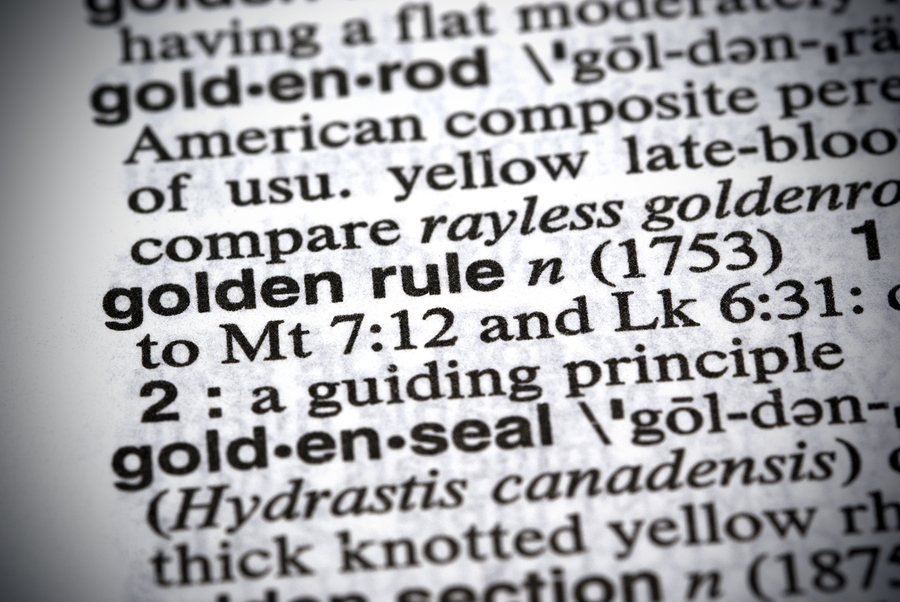Custody battles oftentimes give rise to insurance coverage questions. A common scenario that arises in domestic dispute situations involves one...
Steve Plitt News
“The majority rule on negligence of individual claim adjusters is that they do not owe a general duty of care...
Where a liability policy has been issued or delivered in the state of New York, insurers must timely disclaim automobile...

Courts in the State of Washington always present interesting appellate issues in the bad faith context. One of those interesting...
When faced with a mixed complaint against the insured, including covered and uncovered claims, insurers oftentimes will reserve their right...
In Street Surfing, LLC v. Great American E&S Ins. Co., 752 F.3d 853 (9th Cir. 2014), the Ninth Circuit Court...
Insurance companies and their adjusting staff are well aware of basic policy interpretive rules. When determining whether the insurance company...
S.D. High Court Rules That Continuous and Progressive Damage Exclusion Doesn’t Violate Public Policy
In AMCO Ins. Co. v. Employers Mut. Cas. Co., 845 N.W.2d 918 (2014), the South Dakota Supreme Court held that...

Independent Medical Examinations (IMEs) are a necessary adjunctive procedure that is recognized in most states through the judicial rules of...
In the context of first party property coverage, criminal act exclusions typically have three requirements that must be met before...
